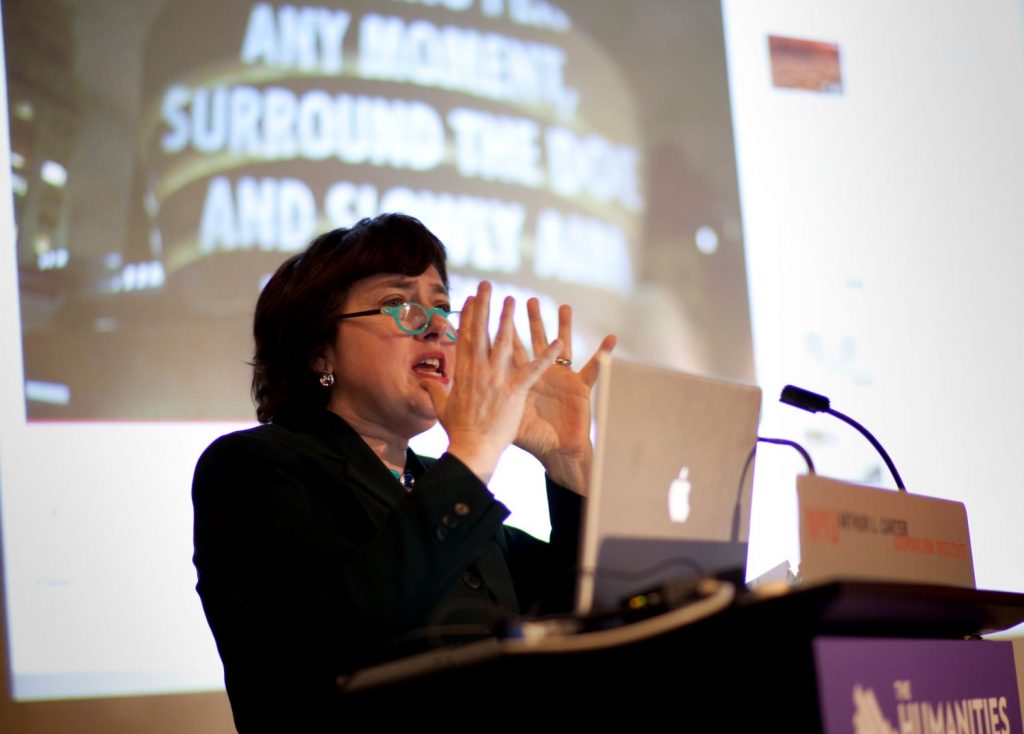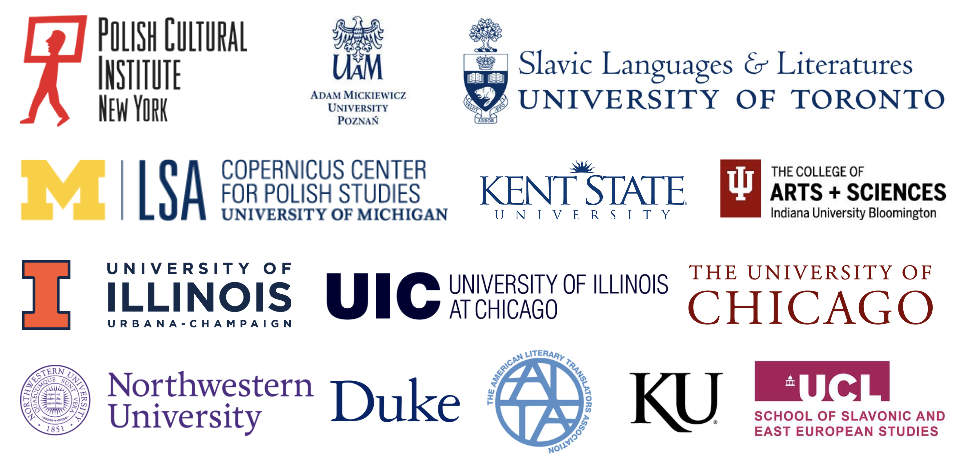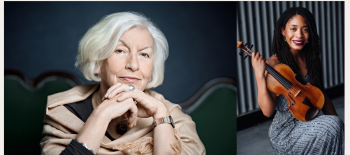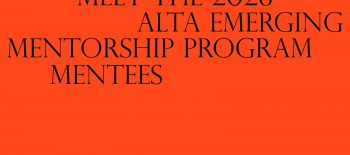Stanisław Barańczak with Clare Cavanagh – Encounters with Polish and Ukrainian Literature
S4E10 and all video recordings are available on our YouTube.
Encounters with Polish Literature is a video series for anyone interested in literature and the culture of books and reading. Each month, host David A. Goldfarb will present a new topic in conversation with an expert on that author or book or movement in Polish literature. More about the Encounters with Polish Literature series and the timeline.
Stanisław Barańczak (1946-2014) was a virtuosic poet and translator, legendary for his brilliance, speed, and productivity. He was a founding member of KOR, the Committee in Defense of Labor, which preceded the Solidarity movement as a union of workers and intellectuals, and he co-founded the clandestine journal, Zapis. published in London by Index on Censorship and distributed underground in Poland.As a professor at Harvard, he was known for attracting students who had come to study Russian through his wit and intellectual generosity and they would feel pulled toward Polish literature. Some of those students who have been guests on this program, such as Clare Cavanagh, Beth Holmgren, and Benjamin Paloff, came to focus the greater part of their work on Polish literature and culture
Barańczak was part of the New Wave in Polish poetry or Nowa Fala, a generation of poets mostly born around the end of the Second World War who became active in the political upheavals in Poland in 1968 and were prominent voices in the 1970s, through the Solidarity era, and beyond, but Barańczak did not like to be considered mainly as a political poet. In an environment of political censorship, it was perhaps impossible to avoid taking political positions, but his focus is always on poetic form and language. The political lies in the contrast between the boilerplate of official discourse and the language of independent thought. For more on the New Wave and Barańczak’s generation, please listen to “Encounters,” Season 3, Episode 4 [https://instytutpolski.pl/newyork/2023/04/21/nowa-fala-the-new-wave-in-polish-poetry-with-katarzyna-zechenter/].
In this episode we discuss a few of his poems, in which he struggles with particularly challenging forms such as the sestina and villanelle, and we focus on Barańczak’s interaction with Cavanagh as a translator, considering how to prioritize the meanings of words and the form of the poem, and problems they experienced in translating together. We also look at what Barańczak was like as a professor at Harvard, and at Cavanagh’s experience as Barańczak’s first American graduate student.
Works by Stanisław Barańczak in English Translation:
Stanisław Barańczak. Breathing under Water and Other East European Essays. Cambridge, Mass.: Harvard University Press, 1990.
Stanisław Barańczak. Introducing ‘Zapis. Index on Censorship 6:4 (July 1977), pgs. 7-12.
Stanisław Barańczak. That Mozart Aria and She Cried that Night, But Not for Him to Hear. Tr. Stanisław Barańczak and Clare Cavanagh. In New Polish Writing. W. Martin, ed. Chicago Review 46: 3-4 (2000), pgs. 96-97.
Stanisław Barańczak and Clare Cavanagh, ed. and tr. Polish Poetry of the Last Two Decades of Communist Rule: Spoiling Cannibals’ Fun. Intro by Helen Vendler. Evanston, Ill.: Northwestern University Press, 1991.
Stanisław Barańczak. Tr. Magnus J. Kryński, Robert Maguire, and Frank Kujawinski. In Postwar Polish Poetry (anthology), New Expanded Edition. Berkeley, Ca.: University of California Press, 1983, pgs. 183-87.
Stanisław Barańczak. Pusty/Empty. In Holton Milne and Paul Vangelisti. The New Polish Poetry: A Bilingual Collection. Pittsburgh: University of Pittsburgh Press, 1978, pgs. 102-3.
Stanisław Barańczak. The Weight of the Body. Tr. Magnus J. Kryński, Robert Maguire, Richard Lourie, Anthony Graham, and the author. Chicago: Another Chicago Pr., 1989. (best obtained through interlibrary loan)

Clare Cavanagh is Frances Hooper Professor and of Arts and Humanities and Professor of Slavic Literatures and Comparative Literary Studies at Northwestern University. Her book, Lyric Poetry and Modern Politics: Russia, Poland, and the West received the National Book Critics Circle Award in Criticism for 2010. She received a 2018 American Academy of Arts and Letters Award in Literature and a 2019 ZAIKS Award from the Polish Writers Union for her many volumes of Polish poetry in translation, including the work of Wisława Szymborska, Adam Zagajewski, and Ryszard Krynicki. Other honors include membership in the American Academy of Arts and Sciences; the Harold Langdon Translation Award from the Academy of American Poets; the PEN/Book-of-the-Month Club Translation Award; the MLA William Riley Parker Award; and fellowships from the NEH and Guggenheim Foundation. She recently co-translated Miron Białoszewski, Oho: Selected Poetry and Prose with Michał Rusinek and Alissa Valles (forthcoming, New York Review Books, 2025). She is currently working on an authorized biography of Czesław Miłosz (under contract, Farrar, Straus, and Giroux).
David A. Goldfarb, Host & Producer
Bartek Remisko, Executive Producer
Natalia Iyudin, Producer
Lead image: Stanisław Barańczak, photo: Elżbieta Lempp, The Book Institute archives





